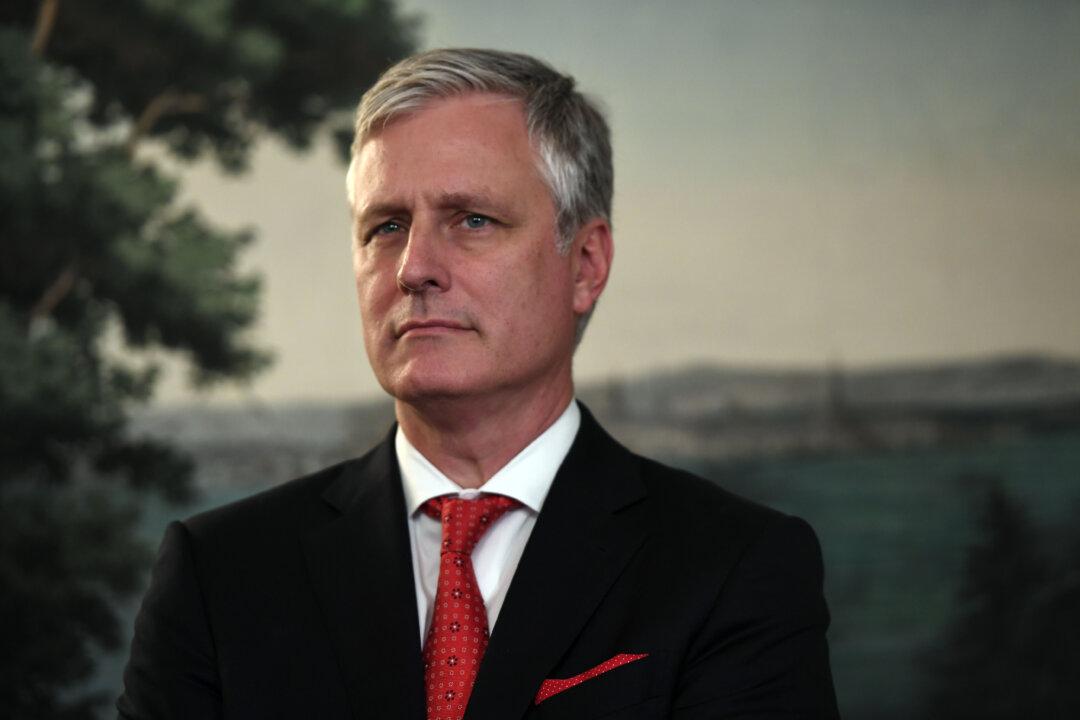The National Security Council has now been cut to 110 policy professionals, half the number under the previous administration, said National Security Advisor, Robert O'Brien, as he underlined U.S. military prowess as a cornerstone of President Trump’s America First policy.
O'Brien explained how the U.S. military was pivoting away from counter-terrorism to tackle renewed great power competition, particularly with China in the Pacific.





